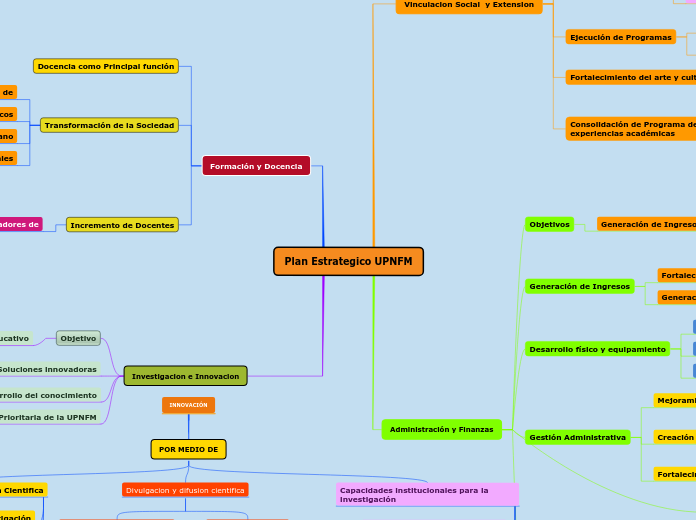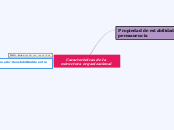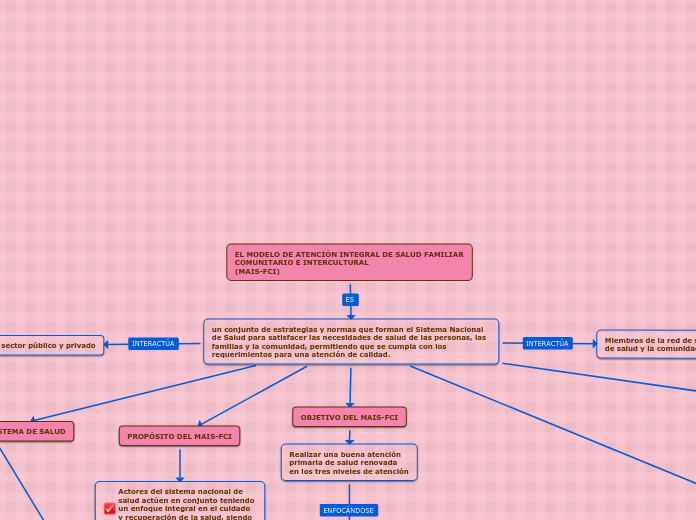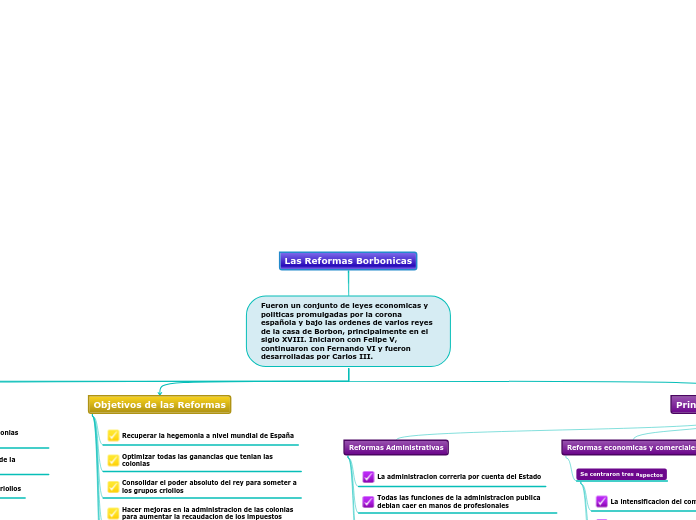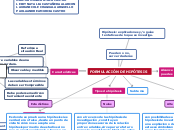INNOVACIÓN
POR MEDIO DE
Capacidades institucionales para la investigación
Gestión de fondo de apoyo para la investigación
Sistema de incentivos
Formador de Investigadores
Redes y grupos de Investigación
Divulgacion y difusion cientifica
Eventos académicos
Internacionales
Nacionales
Fortalecimiento de Proyectos
Desarrollo de la Investigación Cientifica
Proyectos de Investigación
Producción Científica
Conceptualización de la Investigación
Publicos y privados
Plan Estrategico UPNFM
In linguistics, syntax is the set of rules, principles, and processes that govern the structure of sentences in a given language, usually including word order.
Investigacion e Innovacion
Actividad Prioritaria de la UPNFM
Avance del desarrollo del conocimiento
Soluciones innovadoras
Frente a Problemática de educación Social
Objetivo
Mejora del Sistema Educativo
Formación y Docencia
A complex sentence is a sentence that contains an independent clause and one or more dependent clauses.
An independent clause can stand alone as a sentence, but a dependent clause even though it has a subject and a verb cannot stand alone.
Incremento de Docentes
An appositive clause follows another noun or noun phrase in apposition to it; that is, it provides information that further identifies or defines it.
Docentes generadores de
Desarollo
Profesional
Estudiantil
Conocimiento Cientifico
Cobertura y expansión
Transformación de la Sociedad
The subject clause is a dependent clause that acts as a subject.
Valores Morales
Desarrollo Humano
Valores civicos
por medio de
Docencia como Principal función
A predicative clause may be introduced by conjunctions - that, whether, whether... or, as, as if, as though, because, lest, the way - or connectives.
The latter may be conjunctive pronouns - who, whoever, what, whatever, which - or conjunctive adverbs - where, wherever, when, whenever, how, why.
Administración y Finanzas
Eficiencia por medio de
Vinculación
Extensión
Investigación
Comprender Dirección de Procesos Administrativos
Desempeño agil
Trabajo en equipo
en ambientes en
Crecimiento de la institución
Satisfacer necesidades
Innovación
Transparencia
Calidad
Gestión Administrativa
See the example below and try to create your own simple sentences.
Tim is driving the car with his mother.
Fortalecimiento de Programas
Creación de Plan
Evaluación
Formación
Mejoramiento de Gestión
Desarrollo físico y equipamiento
See the example below and try to create your own simple sentences.
Tim is the driver.
Plan Integral
Plan de mantenimiento
Plan de desarrollo fisico
Generación de Ingresos
Fortalecimiento de programas
Objetivos
See the example below and try to create your own simple sentences.
Tim drives.
Generación de Ingresos Propios
Recursos
Administrativa
Gestion Eficiente
Vinculacion Social y Extension
Consolidación de Programa de experiencias académicas
The attribute is defined as a quality or characteristic of a person, place or thing.
Areas humanisticas
Areas Tecnologicas
Areas cientificas
Fortalecimiento del arte y cultura
The predicative is defined as an adjective or noun forming or contained in the predicate.
Its main trait is that it serves to express a property that is assigned to a 'subject'.
For e.g.: The dog is old.
Consolidacion del deporte y la cultura
Ejecución de Programas
Traditional grammar defines the object in a sentence as the entity that is acted upon by the subject.
Fortalecimiento de Imagen Institucional
The indirect object identifies the person/thing for whom/which the action of the verb is performed.
The indirect object is usually a person or a thing.
Seguimiento a alumnos egresados
The direct object is the receiver of the action mentioned in the sentence.
Ampliaje de Vinculos
The predicate of a sentence is the part that modifies the subject in some way. Because the subject is the person, place, or thing that a sentence is about, the predicate must contain a verb explaining what the subject does and can also include a modifier.
Regionales
Interrnacionales
Locales
Basada en fomentar patrimonio cultural
The subject of a sentence is the person, place, thing, or idea that is doing or being something. You can find the subject of a sentence if you can find the verb.
Ask the question, 'Who or what 'verbs' or 'verbed'?' and the answer to that question is the subject.
Programas de Vinculacion Social
Proyectos
Arte
Cultura
